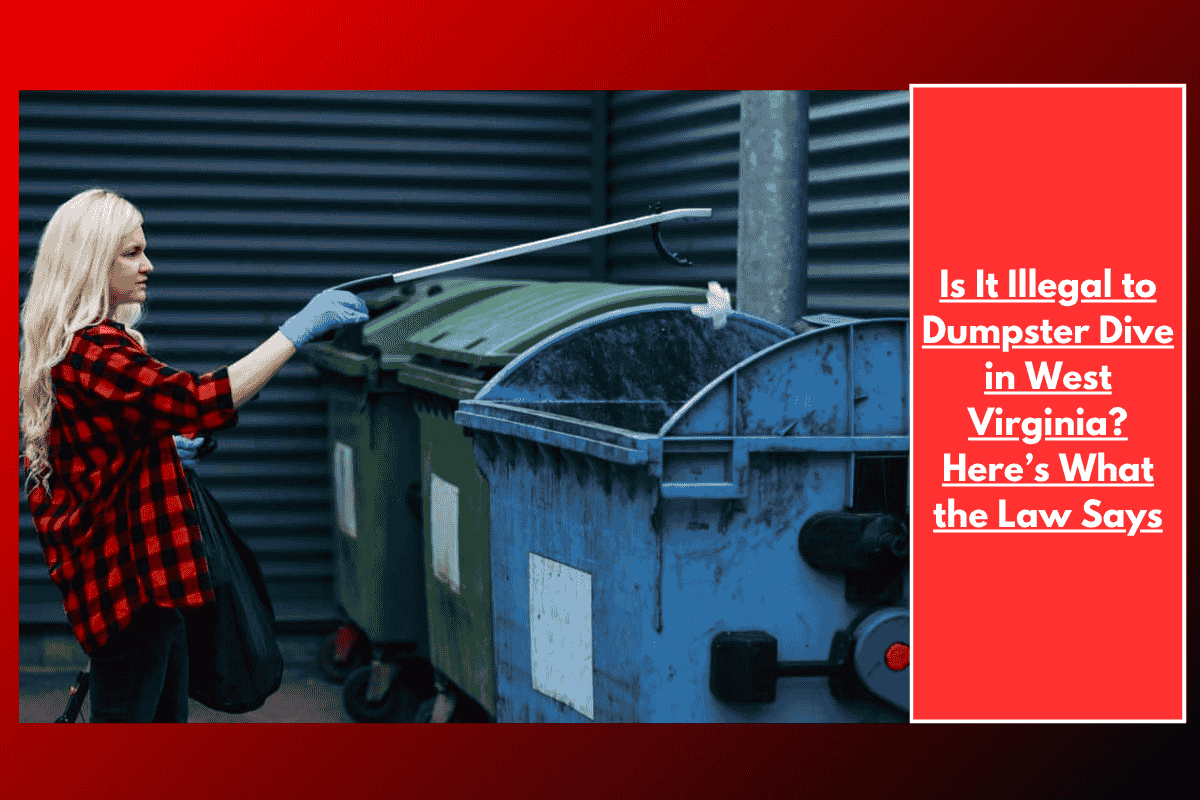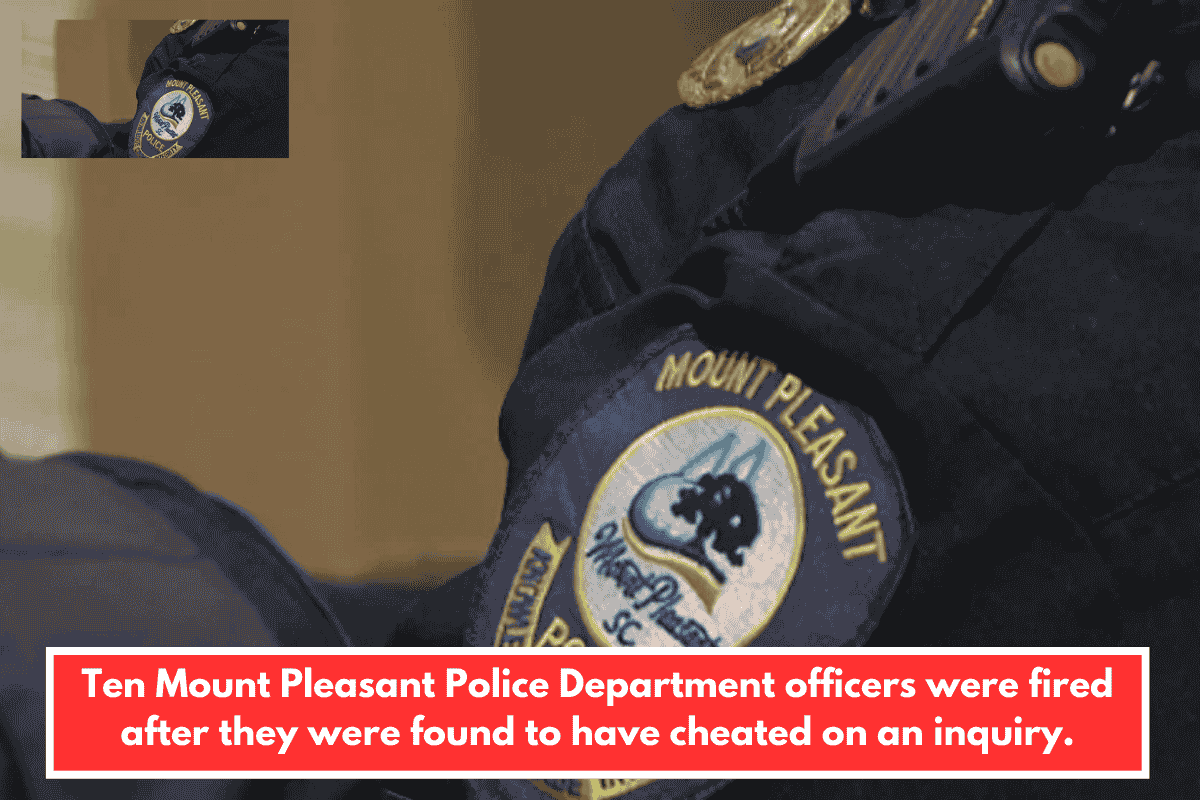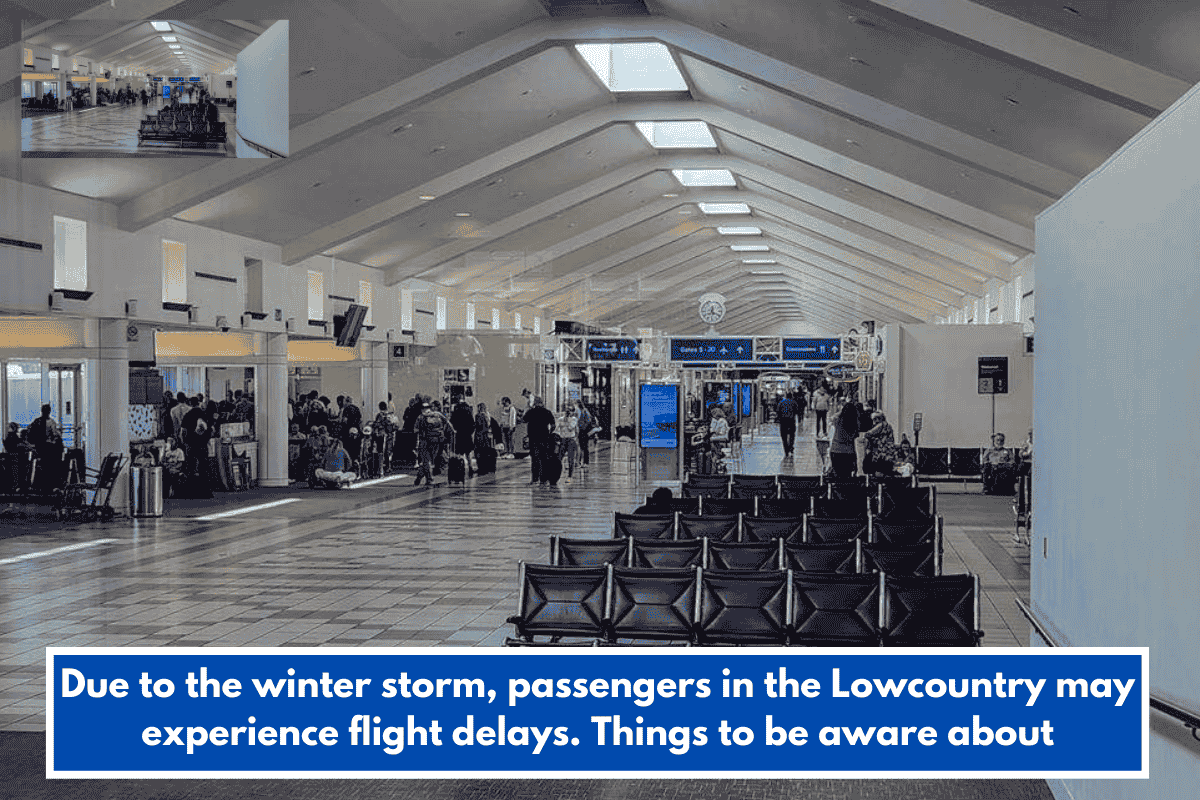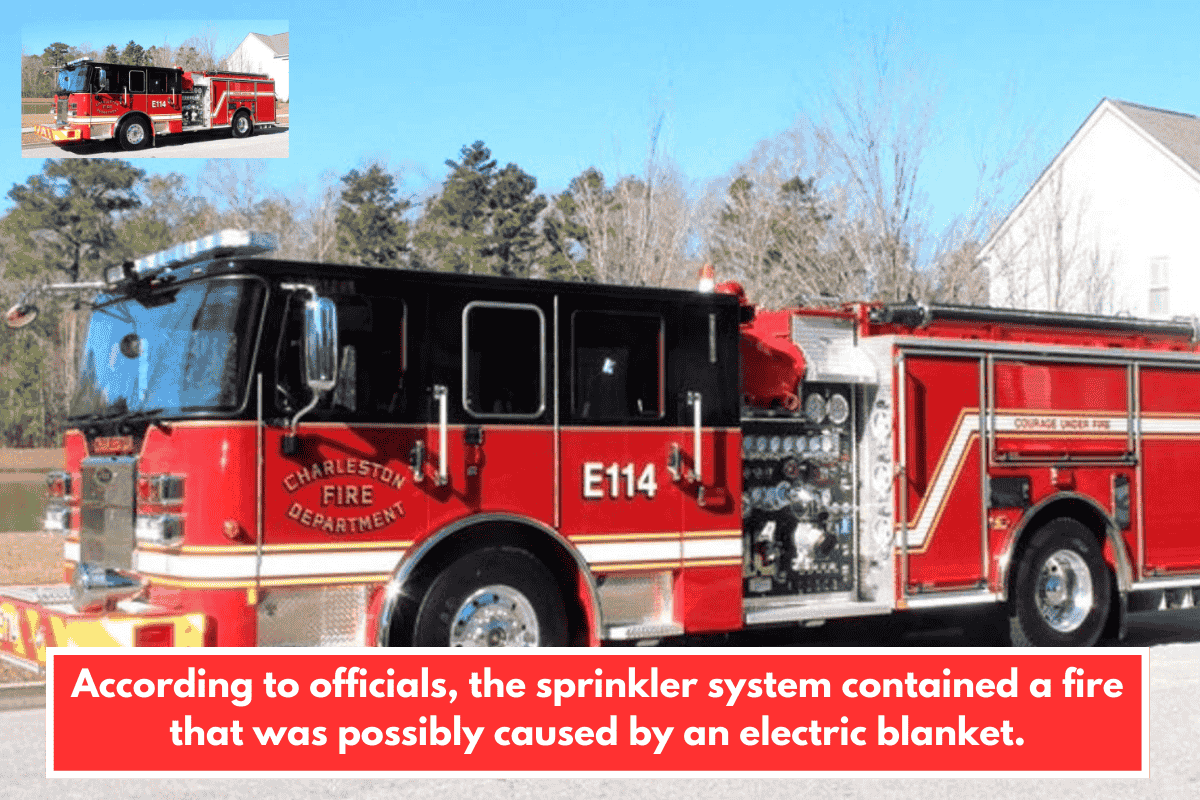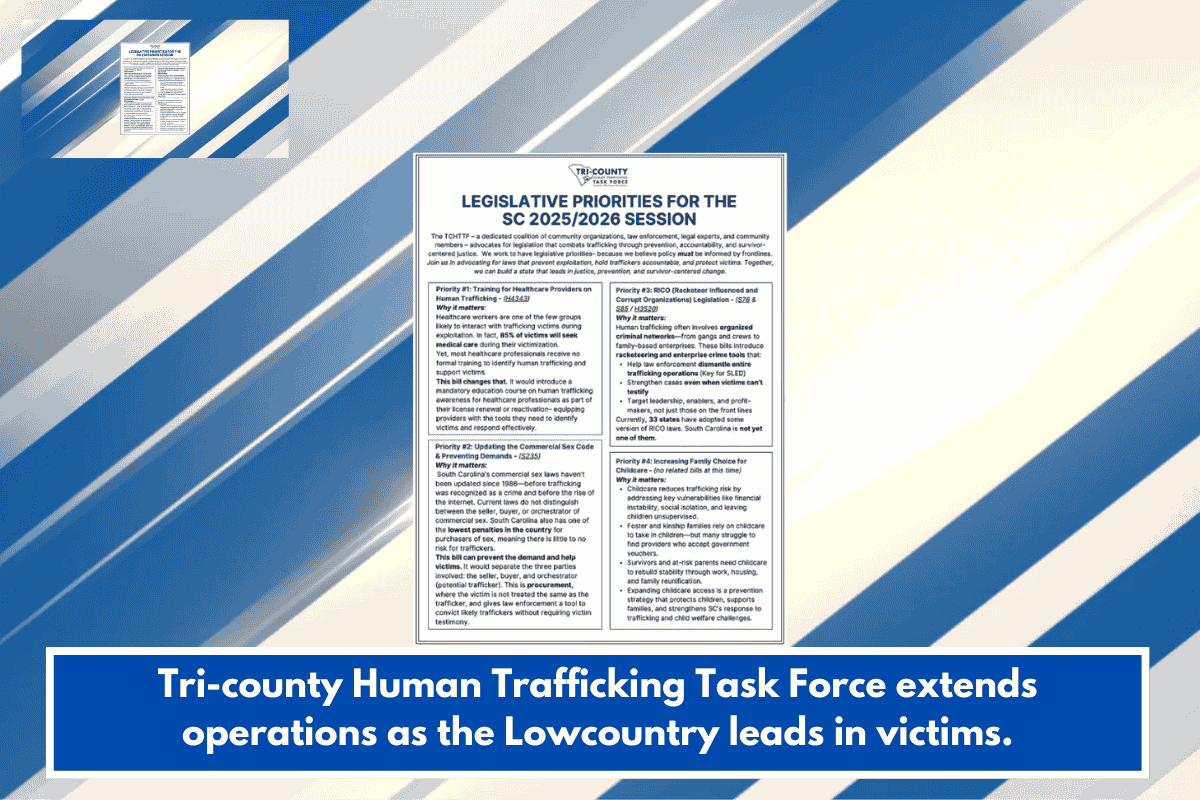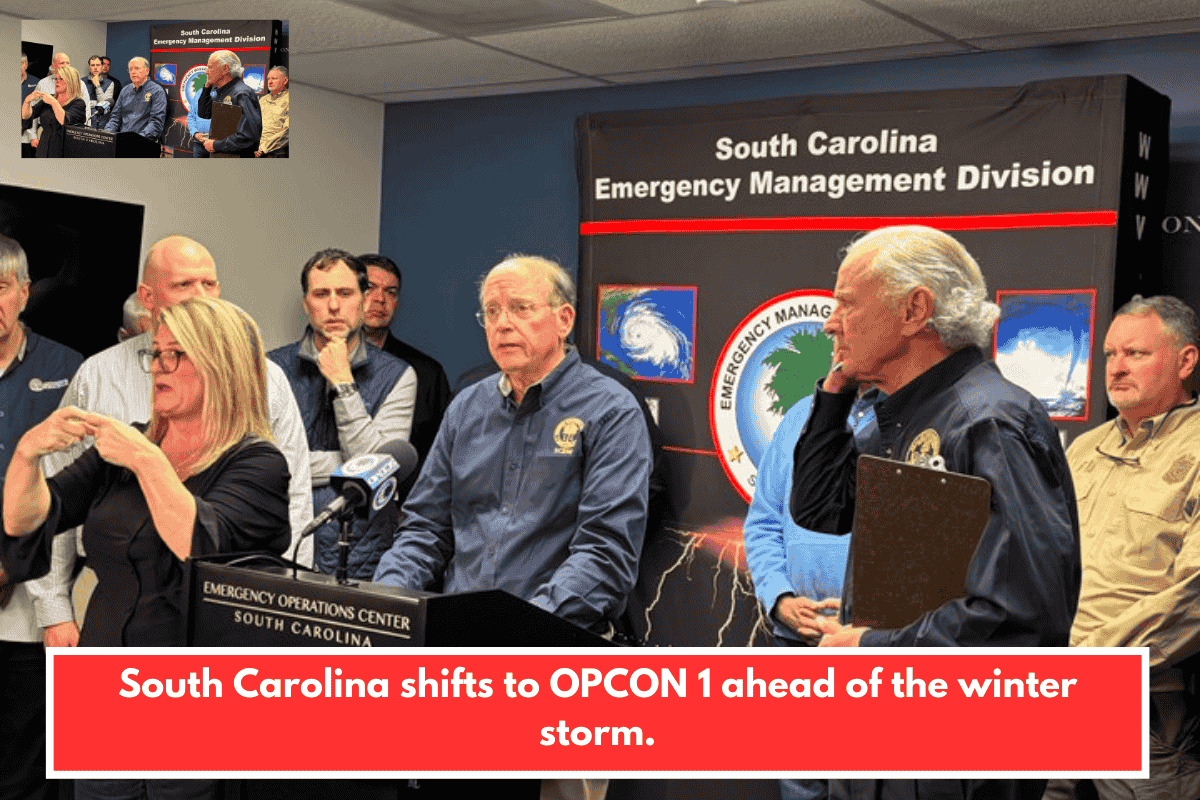Dumpster diving, the act of searching through trash or discarded items in dumpsters for food, recyclables, or other materials, has become a common practice for those seeking to reduce waste or find items that might still be useful. However, the legality of dumpster diving can vary by state, city, and even the specific circumstances surrounding the activity. In West Virginia, dumpster diving is not explicitly prohibited by state law, but certain local regulations and factors may affect whether or not it is allowed. Here’s what you need to know about the legality of dumpster diving in West Virginia.
State Laws on Dumpster Diving in West Virginia
West Virginia does not have any specific state laws that directly address dumpster diving. However, there are a few general legal concepts that could apply to the practice. These include trespassing, theft, and littering laws.
- Trespassing: Dumpster diving typically involves accessing private property, such as a business or residential complex, to look through garbage. Trespassing laws may apply if you are on private property without permission. In West Virginia, trespassing is generally defined as entering or remaining on property without the owner’s consent. If you are caught dumpster diving on private property, you could face criminal trespassing charges, especially if there are posted signs or clear indications that entry is prohibited.
- Theft: Although dumpster diving is often done in search of discarded items, the act of taking items from someone else’s property could be considered theft. In many cases, businesses or individuals dispose of trash in dumpsters, but that doesn’t necessarily mean that the contents of the dumpster are free for anyone to take. Some jurisdictions may argue that once something is discarded, it becomes abandoned property; however, there are still legal nuances to consider. If an item is still considered the property of the owner or business, taking it without permission could be considered theft.
- Littering: In some cases, people who dumpster dive may leave items scattered around dumpsters or parking lots, which could lead to charges of littering. West Virginia has littering laws that make it illegal to discard trash in unauthorized locations. Even if you’re retrieving items from a dumpster, if you leave behind a mess, you could be charged with violating littering laws.
Local Regulations in West Virginia
Local ordinances and city regulations in West Virginia are where the rules about dumpster diving are more likely to be found. Many cities and counties have specific waste management and property access regulations that address whether it is legal to dive into dumpsters. In some cities, no trespassing signs may be posted near dumpsters, indicating that diving into them is not allowed. Additionally, businesses and private property owners can set their own rules about whether or not people are allowed to access their dumpsters.
For example, a city like Charleston, West Virginia, may have specific regulations around property access and waste disposal that could make dumpster diving illegal or subject to penalties. It is important to check local city codes or ordinances for specific rules.
Dumpster Diving and Private Property
While it is generally legal to take discarded items from public places, dumpster diving on private property can result in legal trouble. If you are dumpster diving in an area such as:
- A private business or commercial dumpster: Dumpster diving may be considered trespassing, especially if the property has signs indicating that no one is allowed to access the dumpster. Many businesses hire private security or have surveillance cameras to prevent unauthorized access to their dumpsters.
- A residential area: Dumpster diving in residential areas may also be problematic. If a homeowner leaves their trash at the curb but hasn’t officially discarded the items, you could be charged with theft or trespassing if you take something from their garbage.
Dumpster Diving and Food
A common reason people dumpster dive is to retrieve discarded food, often from grocery stores, restaurants, or other food establishments. However, food safety concerns arise when it comes to eating food retrieved from a dumpster. West Virginia law, like many other states, does not allow businesses to freely dispose of food in public places for people to take.
Although food rescue programs and some food banks legally collect discarded, unsold food for donation, food retrieved from dumpsters is not regulated or guaranteed to be safe. Consuming food from dumpsters, even if it appears edible, can expose individuals to foodborne illnesses and other health risks. Therefore, even if it is not illegal, it is not recommended to eat food retrieved from dumpsters.
Penalties for Illegal Dumpster Diving in West Virginia
The consequences of dumpster diving in West Virginia depend on the specific actions taken and local ordinances. If you are found to be trespassing or taking items from a dumpster without permission, you may face the following penalties:
- Trespassing Charges: Trespassing is a misdemeanor offense in West Virginia, and you may be fined or face potential jail time for being on private property without permission. The severity of the penalty depends on the specific circumstances and whether the property owner files a complaint.
- Theft Charges: If items from a dumpster are considered abandoned but still owned by a business or individual, taking them may result in theft charges. Theft in West Virginia can lead to fines, restitution, and possible jail time.
- Littering Fines: If you leave trash or refuse scattered around a dumpster or on public property, you may be subject to littering fines. This can be an additional penalty if you are caught leaving a mess during or after dumpster diving.
Can You Dumpster Dive in West Virginia Safely and Legally?
If you are interested in dumpster diving in West Virginia, the best approach is to be cautious and ensure that you are not violating any laws. Here are a few tips to help you avoid trouble:
Always seek permission from property owners before accessing dumpsters, especially those on private property.
Look for areas where dumpster diving is allowed, such as designated public spaces or businesses with open policies on taking discarded items.
Be mindful of littering. Make sure to clean up any mess you may cause while diving into dumpsters to avoid violating local littering laws.
Don’t take food from dumpsters, especially from unknown or unsafe sources. It’s best to avoid food that has been discarded in non-regulated settings.
In West Virginia, dumpster diving is not specifically outlawed, but there are several laws and regulations that may come into play. Issues like trespassing, theft, and littering can lead to legal trouble, especially if you are diving into dumpsters located on private property. It’s important to always ensure that you are following local ordinances and getting permission where necessary. If you’re planning on dumpster diving, being aware of the rules and staying respectful of property owners and the law can help you avoid penalties while pursuing this activity.
SOURCES
[1] https://www.reddit.com/r/DumpsterDiving/comments/3rtjba/legality_west_virginia/
[2] https://scrapsafari.com/dumpster-diving-in-west-virginia/
[3] https://code.wvlegislature.gov/61-3-53/
[4] https://privacy.wv.gov/SiteCollectionDocuments/Privacy%20Tips%202018/07.11.18%20Dumpster%20Diving.pdf
[5] https://www.rolloffdumpsterdirect.com/dumpster-diving-illegal/

